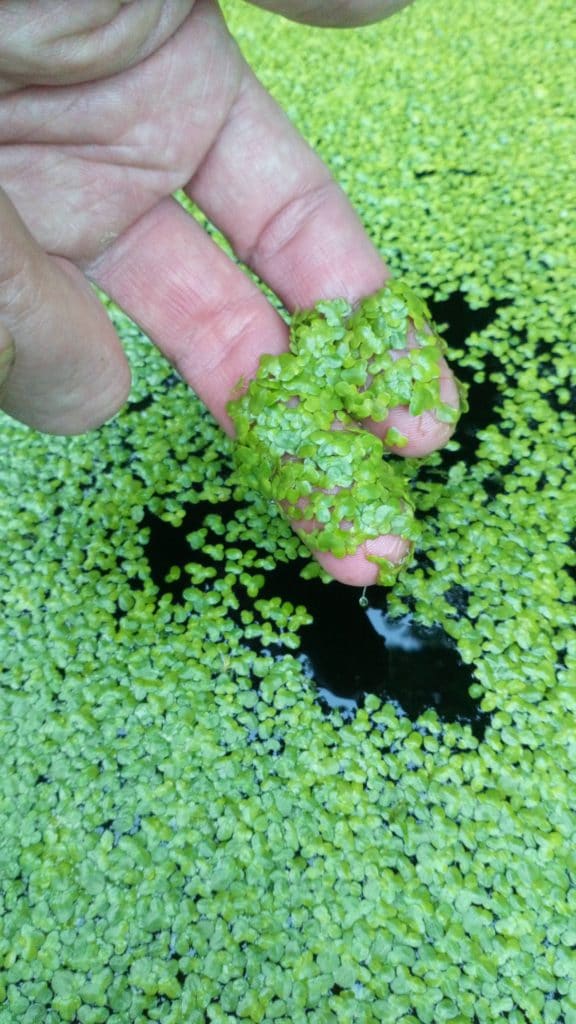An innovative new project led by University College Cork (UCC) will use duckweed to treat wastewater, typically slurry, from beef and dairy farms. The project ‘Brainwaves’ has just received € 1.4 million in funding under the Ireland Wales 2014-2020 European Territorial Co-operation (ETC) programme.
Led by Prof Marcel Jansen of UCC’s School of Biological, Earth and Environmental Sciences and the Environmental Research Institute, Brainwaves will leverage the natural ability of duckweed to thrive in and purify polluted water, producing both clean water and a supply of animal feed, as duckweed is edible and high in protein.
The project will refine the method involved and focus on the commercial applications. Prof Jansen speaking at the launch of the project said, “The availability of copious amounts of cheap, chemical fertilisers can’t be taken for granted any longer, and novel techniques are required to re-use plant nutrients and enhance the environmental sustainability of modern agriculture across the board. In Europe as a whole we have duckweed as a neglected source of high quality protein, and excellent potential as a feed additive.”
Brainwaves will develop a circular economic approach to manage the thin fraction of slurry, developing technology to remediate this wastewater, to generate economically valuable feed, to recycle plant nutrients, and thus to enhance the competitiveness of the beef and dairy industry in Ireland and Wales. Brainwaves will develop native common duckweed (Lemna minor) as a novel crop for Irish and Welsh farms, by advancing technology to grow this plant on dilute slurry. Duckweeds are amongst the fastest growing plants, are tolerant of ammonium (present in slurry), and produce valuable protein that make it a promising feed-stock to replace costly soybean.
“Brainwaves is looking at diluted farmyard slurry, enormous amounts of which need to be stored” explains Professor Marcel Jansen, “There are enormous volumes of this across Ireland. Farmers must store it, so what we want to come up with are ways of using thin fraction slurry to generate value.”
Over the course of the project, farmers will be invited to view the full-scale demonstration model, and will be provided with materials and manuals to replicate on their own farms, directly contributing to both the sustainability and economic viability of the beef and dairy industry.




